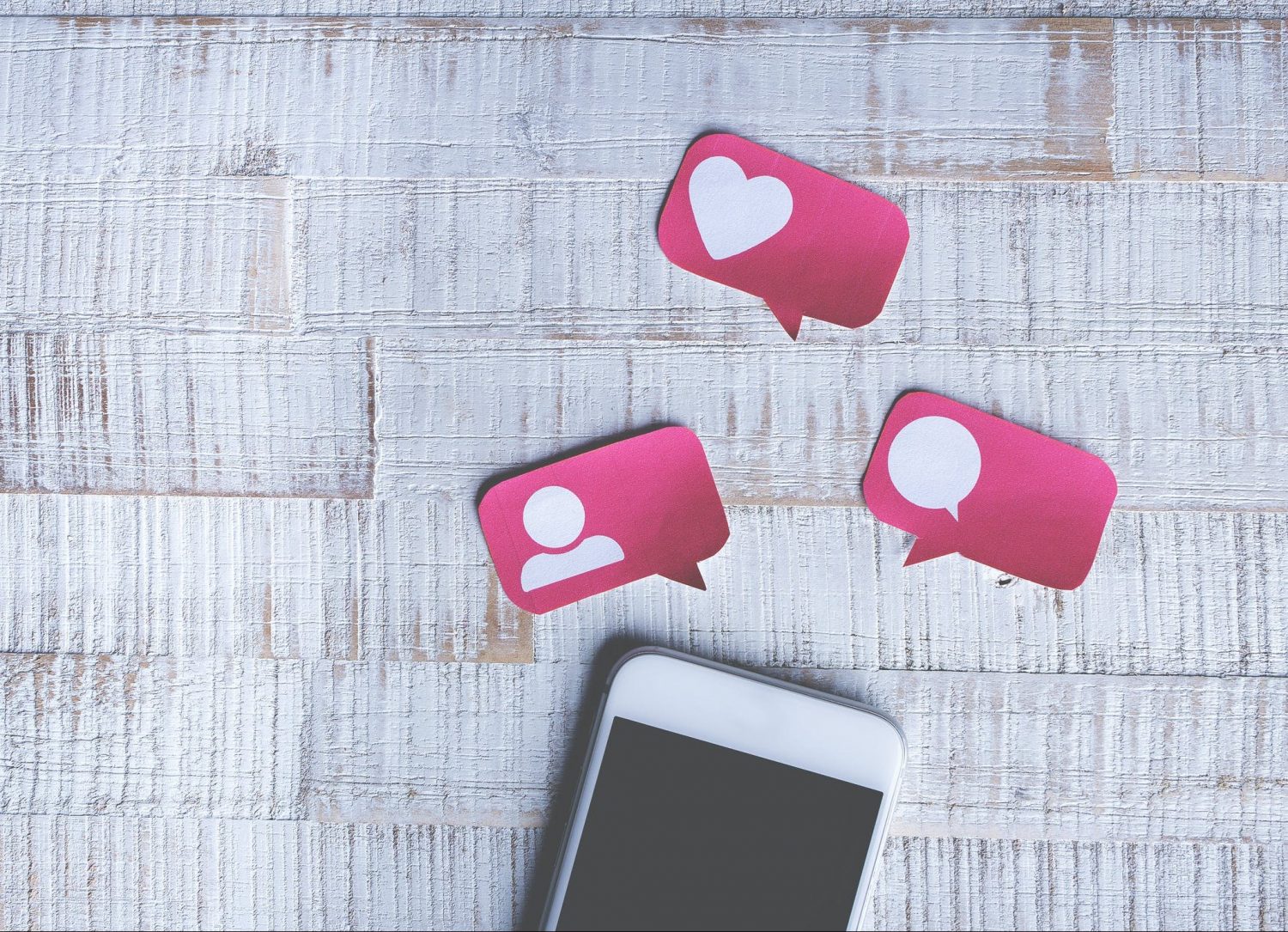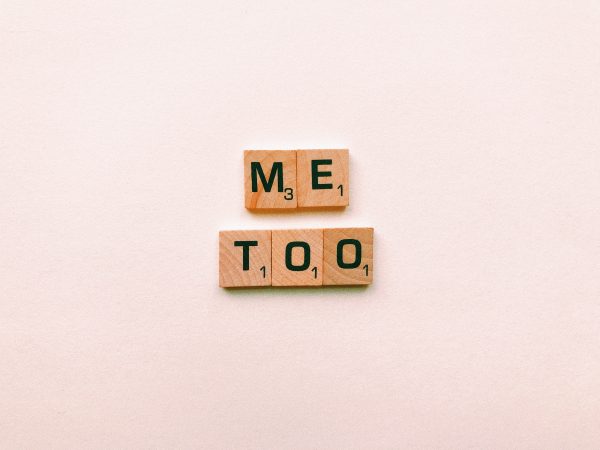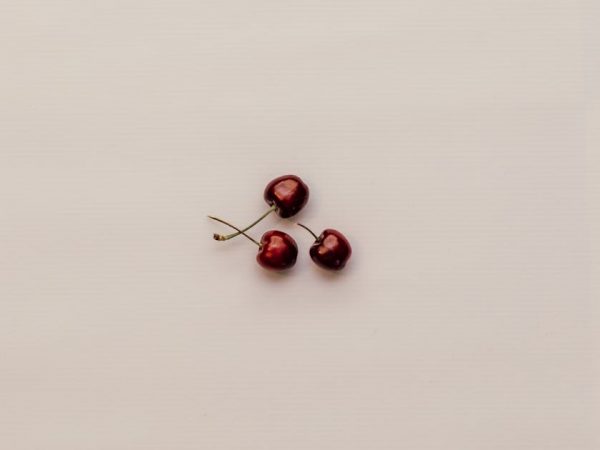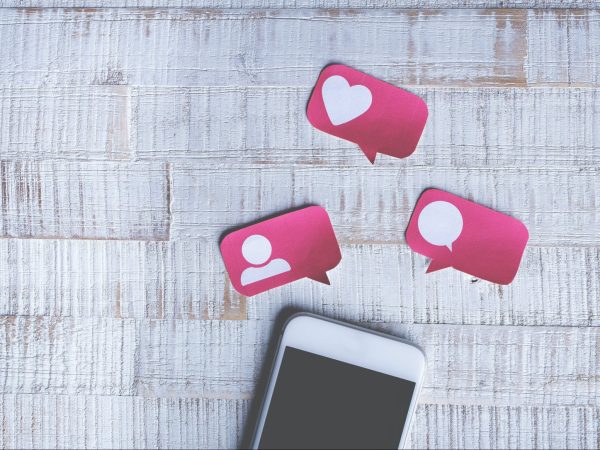How Adolescence exposes our empathy crisis
Teenagers, social media, and the World we've built
I recently watched the TV show Adolescence (the one on Netflix). It stuck with me because of its rawness. It’s an uncomfortable mirror. It reflects not only what it’s like to be a teenager today, but how broken our broader culture is.
I started thinking about the systems we’ve built: we reward performance over authenticity, we elevate punishment over redemption, and we lean more and more into polarisation over understanding.
Adolescence is about a group of teenagers navigating popularity, shame, social media, and their need to belong. It’s really not subtle, and I am pretty sure it’s not supposed to be. It’s a loud scream for help, not a whisper. And it forces us to ask: where are we going wrong?

Toxic Masculinity, Toxic Femininity
Adolescence shines a light on how toxic behaviours comes from both boys and girls. Toxic masculinity and toxic femininity both come with their own fucked-up scripts.
The boys? In the show they are under enormous pressure to be dominant, cold, sexually aggressive, or emotionally unavailable. Vulnerability is seen as weakness. Emotion is seen as shameful. So what do they do? They bottle it all up until it either explodes or implodes. And this is also a learnt behaviour.
- Explodes or implodes, yes. Some stats? In England and Wales for homicides in year ending March 2024, most suspects were male: 88% of cases with of female victims and 93% cases of male victims (Office for National Statistics). In 2023, males accounted for around three-quarters of suicide deaths registered (ONS again). Let that sink in.
The girls? They are under pressure to be desirable but not too assertive, sexual but not slutty, confident but not intimidating. So what do they do? They weaponise “indirect aggression”. Not physical violence, but instead exclusion, retaliatory humiliation, and bullying. Cruelty in more subtle ways.
- Why does this work for girls? Girls are less likely to be physically aggressive, and more likely to avoid retaliation. It’s also more socially acceptable for men to be openly aggressive than women, so girls learn to be covert.
And where do they learn these things? From us. From adults. From media, culture, religion, and, increasingly, from social media. These aren’t traits kids invent. They’re patterns they absorb.
Toxicity has no gender. And we need to stop pretending it does.
Social media, empathy deficit, and the death of compassion
Social media is the invisible enemy and disruptor in Adolescence. It’s everywhere and everyone has access to it. And these kids have to be on it, because otherwise, they’re left out.
Bullying never stops, never sleeps. It’s public. It follows you, haunts you, multiplies, and leaves comments on your pictures.
Public humiliation spreads like wildfire. It becomes mockery, bullying, exclusion, and then silence. Cancelled. Unfollowed.
We moved from calling out to casting out. We’ve created a culture where one mistake, one wrong word, one imperfect moment can define you forever. Because the Internet never forgets. And rejection is now seen as failure, when it should be seen as a learning opportunity.
It’s terrifying.
And underneath all this? An empathy deficit. That’s the real epidemic. We’ve become so conditioned to react that we forget to relate. We struggle (or refuse?) to put ourselves in someone else’s shoes and consider context, intention, fear, or vulnerability.
And without empathy, we stop seeing people as people. We start seeing them as content. As enemies. As jokes.

I believe in redemption. I believe in growth.
It’s impossible for everyone to never mess up. It’s just unrealistic.
We idolise friends, influencers, celebrities. Until they do one mistake. And then we burn them to the ground. They are cancelled.
This teaches people to hide, to lie, to perform. Not to grow.
In kink — yes, I’m going there — we understand the importance of communication, consent, feedback, and repair. We have to. It’s built into the culture. We don’t expect perfection, but we do expect accountability. And we believe in do-overs, in processing, in aftercare.
Imagine if the rest of the world worked that way.

Why we’re more divided than ever (and what we can do about it)
Like in Adolescence, in real like we have become divided. You’re either right or wrong. Good or evil. Woke or problematic. It’s unsustainable.
You know what frustrates me? Right-wing parties, for all their flaws, are often better at uniting around a common cause, even when they don’t agree on every little thing.
Left-wing parties? They splinter. Constantly. Because they want ideological purity. Total alignment. And the second someone steps out of line, they’re out.
It’s the same online. We’re so desperate to be right, we forget to be kind. We don’t leave space for disagreement, for growth, and for all the shades of grey that life is about.
Real progress? It’s about disagreeing without destroying each other. It’s curiosity over cancellation. Kindness over control. It’s about raising awareness, without blaming or pointing fingers.
Some final Thoughts? Adolescence is a brilliant, brutal show. It doesn’t give an easy answer. It gives you something better. It makes you ask the right questions. About the world we’re building. About the kids we’re raising. About ourselves, about our society.
Are we going to cancel or are we going to connect?
Trailer below as usual! (Or maybe you watched it and want to watch more? Read this article ‘Have you heard of this BDSM trend?’ What I learned recording thousands of hours of teens on their phones by The Guardian on the decuseries Social Studies)




